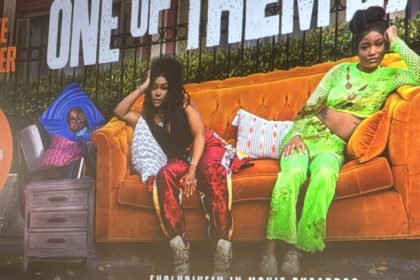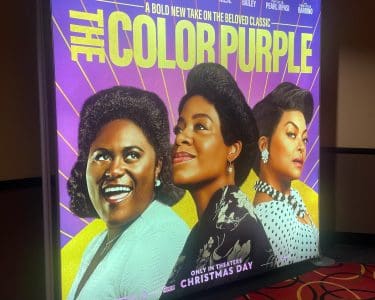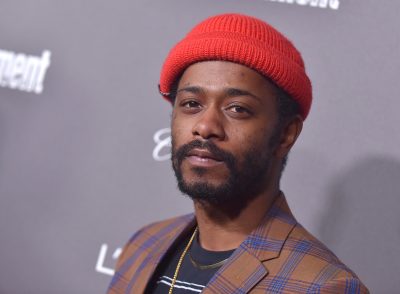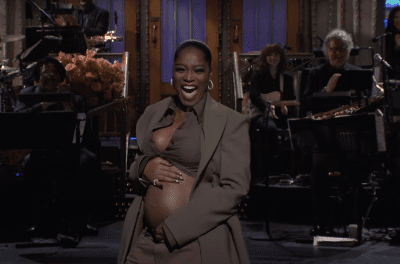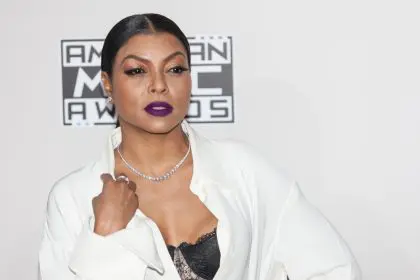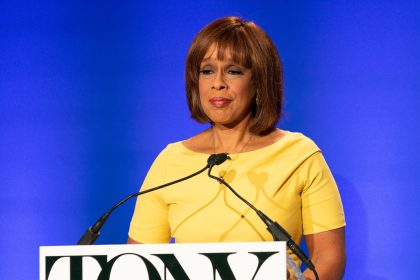It’s virtually impossible to watch Ava DuVernay’s gripping drama Selma and not think of how the film parallels what’s happening right now in American cities across the country. The story of the historic Selma-to-Montgomery marches of 1965 is a powerful story to tell — but it’s significance is especially important given the current climate in American culture. But beyond any contemporary real-life comparisons, Selma is a moving cinematic achievement that announces Ava DuVernay as a towering talent in Hollywood.
As Martin Luther King Jr., David Oyelowo gives a stirring and nuanced performance; embodying both the dynamic public figure and perfectly channeling the inner conflict that King wrestled with in his final two years. With a persona as ingrained into the public consciousness as MLK, it would be understandable if Oyelowo relied too heavily on caricature — particularly when re-enacting King’s speeches. But the British actor shows remarkable restraint and dignity in his portrayal — never veering into an imitation and bringing the subtleties of King’s personality to the fore. His complex relationship with the younger members of the movement, particularly the SNCC advisors, his bitterness toward Malcolm X and the shifting dynamic between him and his wife, Coretta Scott King (Carmen Ejogo), his frustrations with President Lyndon Johnson (Tom Wilkinson) are all touched upon here, with Oyelowo hitting virtually every scene out of the park.
Ejogo is also riveting as Coretta, showcasing the matriarch’s marital devotion (even in the face of philandering on the part of her iconic husband) while also not shying away from Coretta’s hurt and frustration — and fear. Wilkinson’s LBJ is also a study in complexity — a man driven more by pragmatism and political maneuvering than any moral obligation to right the wrongs facing black people in 1960s America. Where Wilkinson’s Johnson is a pragmatist, Tim Roth plays George Wallace as a calculating villain — a man devoted to preaching the gospel of white supremacy for the sake of maintaining his own political foothold as governor of Alabama.
But, it is DuVernay acting as the assured conductor of this extremely gifted ensemble of actors. With the talents she displayed in indie fare like Middle of Nowhere, the director is given the backing to fully shine here. She captures the tension and dread of the first Selma march perfectly; and the later scenes between MLK and Coretta ache with the pain of estrangement and fear, a marriage straining under the weight of infidelity and impending doom. DuVernay manages to never soft-shoe the reality of the marches (the violence is brutal and harsh), but she also injects enough hope into Selma to remind present-day protesters that theirs is a rich legacy. As Lorraine Toussaint’s Amelia Boynton Robinson points out in the film, “their blood is running through our veins.” Fight on.


